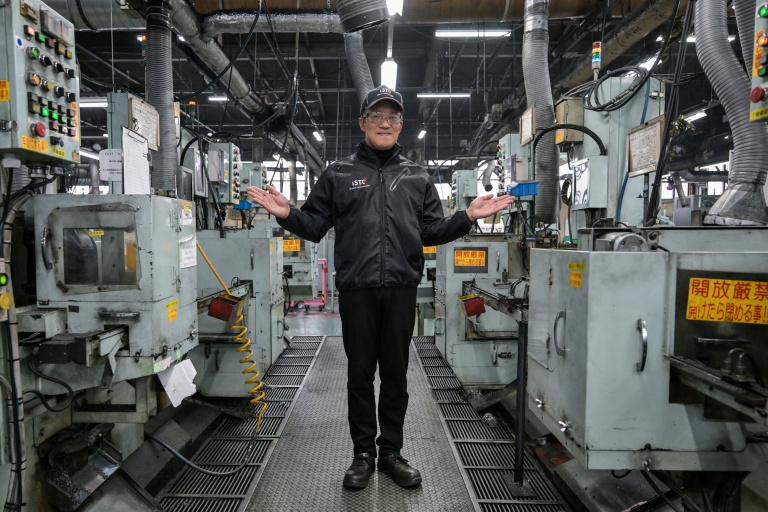Istanbul (AFP) – Turkish annual inflation slowed less than expected in September to 49.4 percent, official data showed Thursday, a figure which analysts said could disappoint central bank officials after a series of interest rate hikes. Turkey’s central bank began to raise rates last year in efforts to battle soaring prices, after President Recep Tayyip Erdogan dropped his opposition to orthodox monetary policy. The September inflation figure was higher than the 48.1 percent consumer price increase forecast by Turkish economists cited by local media. Inflation had reached 52 percent in August.
“The smaller-than-expected decline in Turkey’s headline rate to 49.4 percent y/y (year-on-year) in September will be a disappointment to policymakers at the central bank,” Nicholas Farr, emerging Europe economist at the London-based Capital Economics, said in a note to clients. He said the figure showed that a monetary easing cycle was unlikely to start until 2025 — later than most other analysts have been forecasting. Last month, the central bank kept its main interest rate stable at 50 percent for a sixth consecutive month and said it remained highly attentive to inflation risks.
According to the central bank’s forecast, inflation will ease to 38 percent at the end of this year, 14 percent next year, and nine percent in 2026. While inflation will fall further over the coming months, the central bank’s end-year forecast of 38 percent “looks way out of reach,” Farr said. He said a particular concern for the central bank would be that, in month-on-month terms, core inflation continued to accelerate. Inflation increased 2.97 percent on a monthly basis in September, the TUIK statistics agency said.
“The disinflation process that began in June is continuing,” Finance Minister Mehmet Simsek commented on X, formerly Twitter. “We continue to implement all our policies in line with our price stability target in a coordinated and determined manner,” he said. Erdogan this week also said inflation was on a downward trend. “Our people will feel the slowdown more in the bazaars, and in their shopping baskets,” he added.
Cagri Kutman, Turkey expert at KNG Securities, said that while inflation is falling, “it’s not the rapid glide path that some had hoped.” Despite the relatively modest improvement, he said it showed that the orthodox monetary policy now backed by Erdogan’s government was working. “Government resistance to high interest rates has died down and there’s confidence that the orthodox monetary policy will be given more time.”
According to the Istanbul Chamber of Commerce, retail prices in Turkey’s largest city Istanbul alone increased by 3.9 percent on a monthly basis and 59.2 percent on an annual basis in September. Turkey’s annual inflation rate reached a decades-long high of 85 percent in October 2022, according to official data. It fell to 38.2 percent in June 2023 before rising again. It reached 75 percent in May this year but started to fall in June. The biggest price increases in September came from housing, which rose almost 98 percent on an annual basis, followed by education at 93.6 percent, and restaurant and hotels at 65.4 percent.
© 2024 AFP




















